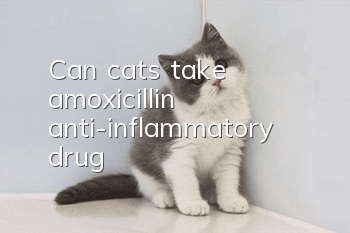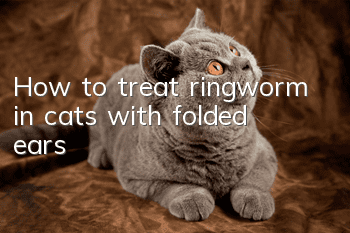What are the stress reactions of cats?

Cats are very sensitive animals. When they feel nervous, fearful or uneasy, they will have a stress reaction.
These reactions may include behaviors such as avoidance, aggression, vomiting, hiding, skipping meals, and excessive grooming.
Escape:
When cats feel uneasy, they may try to hide from any potential threat. For example, when your cat hears the doorbell ring, it may flee to another room or hide under the bed.
Attack:
When cats feel threatened, they may engage in aggressive behavior to protect themselves. For example, when you try to inject medication into a cat that is in pain, it may bite or scratch you.
Vomiting:
When cats feel upset or nervous, they may vomit. For example, when you take your cat to the vet, he may vomit out of nervousness.
Hide:
When cats feel threatened, they may try to hide. For example, your cat might hide under the couch or in a closet while you're cleaning the house.
No meal:
When cats feel upset or stressed, they may refuse to eat. For example, when you bring a new cat home, he may refuse food until he gets used to his new environment.
Overgrooming:
When cats feel upset or nervous, they may groom themselves excessively. This can lead to skin breakdown and hair loss. For example, your cat may groom itself excessively when it gets into arguments with other cats.
It should be noted that a cat’s stress response may be related to its personality, experience and environment.
Cats who frequently experience stress reactions may need to consult a veterinarian or behavioral specialist for help.
In addition, providing a stable and safe environment, a regular diet, appropriate exercise, and adequate sleep can also help reduce your cat's stress response.
- What is the range of a cat’s sense of smell?
- How to judge whether a kitten is healthy? Preliminary method to judge a cat’s health
- What to do if your kitten sneezes and has a runny nose
- Why does a three-month-old kitten keep meowing?
- Acute gastroenteritis symptoms and treatment in cats
- What does it mean when a cat bites another cat's neck?
- Adverse symptoms of cats after vaccination
- Cat behavior before giving birth
- Can pet cats be brought on the high-speed train? What is the process for shipping cats?
- How to check the health of your cat? A guide to home check-ups for cats!



